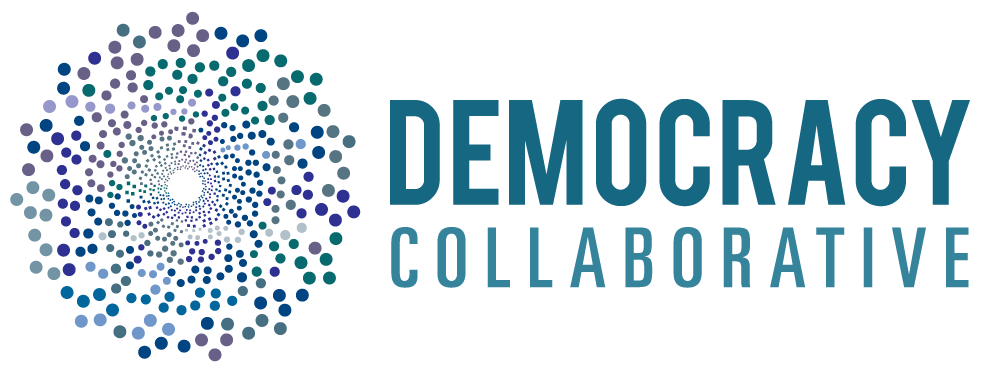Ownership Futures: Towards democratic public ownership in the 21st century
co-author: Mathew Lawrence
Our current political economic system is in crisis. Forty years of market fundamentalism, privatization, and unchecked corporate power have led us to the point of ecological collapse, increasing economic and social inequality, and dangerous political instability and backlash. Driven by the system’s failings, and the real pain being felt by workers and communities across the world, the search is on for answers, and alternative approaches and institutions are becoming increasingly popular. After a long winter in which ideas about economic alternatives were largely banished from public consideration, the seeds of a new economic consensus might be beginning to sprout.
Just as the dying present centers a particular form of private ownership (the large, for-profit corporation), this new consensus understands that a more equitable, sustainable, and democratic system must be based on a pluralistic landscape of common and democratic ownership. Prominent in this landscape is public ownership — assets, services, and enterprises that are held collectively by all people in a specific geographic area, either directly or through representative structures.
Public ownership of railways and road networks, land and natural resources, water and electricity utilities, and banking and postal services helped build the infrastructure, institutions, and technologies of the mid-twentieth century consensus and the mixed economy of social democracy and the developmental state. Today, public ownership once again has a key role to play in laying the foundations for a transformative and prosperous 21st-century economy.
However, if the twenty-first century is to be one of genuinely shared prosperity that is democratic and sustainable by design, new, more democratic models of public ownership will be needed to reimagine and remake the emerging commanding heights of the next economy: digital technologies, data and infrastructure, and the natural and common resources that are critical to the continued functioning of our planet. To that end, in 2020 The Democracy Collaborative and Common Wealth will be undertaking a project to explore the frontiers of public ownership in the 21st century. This launch essay by the lead researchers on the project sets out the broad contours of the program of work and why we believe that it is urgently needed.
Over the course of this year, we will develop policy ideas in four areas where existing structures of ownership in the UK and US amplify corporate power, erode workers’ rights, increase inequality, and accelerate the climate crisis. We will publish a concrete, credible policy playbook for democratic public ownership in each of the following areas, focused on the US and UK, seeking to influence policy dialogue, outcomes, and interventions from the national to the local level:
Digital infrastructure: Moving beyond the “regulatory state” and market-oriented approaches toward digital infrastructures that are sustainable, privacy-enhancing, rights-preserving, decentralized, innovative, and democratic.
Data and platforms: Building a data commons in place of the walled digital garden of the platform giants, increasingly defined by conditions of surveillance and enclosure; and rethinking ownership and control of the digital platforms that increasingly determine economic relations and transactions.
Intellectual property (IP) and research and development (R&D): Rethinking access to ideas generated by public investment, ensuring we all share in our common wealth.
Land and natural resources: Building new models of stewardship in place of unsustainable extraction from nature, so that all life can thrive.
Transforming ownership will require reimagining the legal relationships and institutions that code capital and shape the production and distribution of wealth. If today the law concentrates economic and political power and reduces the scope for democratic intervention in the economy, an alternative legal infrastructure will be needed to bring democratic public ownership to life. To that end, each policy playbook will be supported by a set of legal briefing notes, specific to the UK and US contexts, setting out how new legal rules can translate our ideas into institutional reality.

